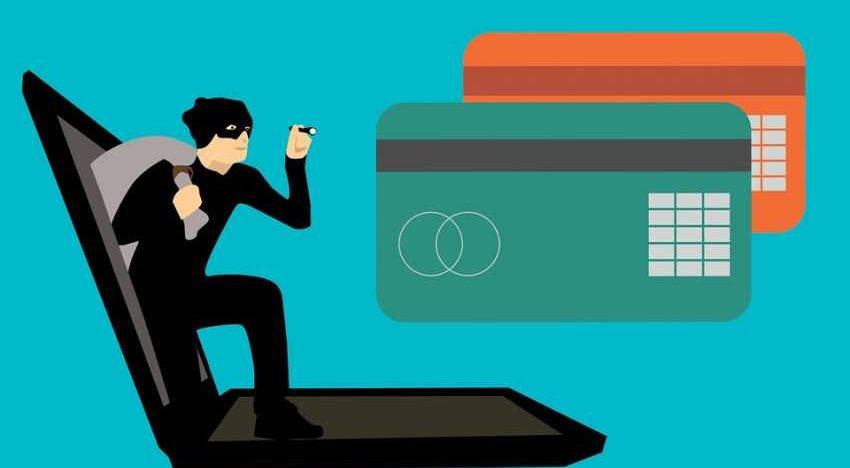The public has been increasingly pushed by social media interactions and usage of e-commerce platforms for day to day shopping to become dependent on online financial transactions. Whether for shopping or paying for any other online service or bills, we have put our own money in online wallets, banks and other such institutions. But know here that these as well as use of debit cards and credit cards are not safe. Deepak Bhawnani, CEO and Founder of Alea Consulting Firm told Zee Business, ”The details of our payments through banks, NBFC apps,Money payment gateways, and other wallet based platforms are easily available and in use through mobile apps. With 2/3rds of the total fraud cases reported by banks being tech-related, security issues are becoming more critical.’‘
In India, mobile-banking services have witnessed a growth of 92% in volume and 13% in value, (RBI Annual Report 2017-18), according to Alea Consulting Firm. The prevalence of such online fraud risks intensifies the immediate need to take precautionary measures to avoid falling into a fraudster trap while transacting online.
Therefore, Bhawani shared certain practices that an individual should follow to remain safe from online financial fraud.
Some best practices that can keep you safe from online financial frauds are:
1. Password: India witnessed 140,000 hacking attempts every hour in 2018. Therefore, one should not choose easy to hack passwords when setting for the phone itself or for any money e-transaction account. Main passwords should be changed frequently. They should be long enough and use all kinds of characters and numbers and not just letters of the alphabet.
2. Phishing scam: Its best to avoid clicking or opening attachments that come with unknown sender emails trying to trick people into disclosing their financial details. Always check for the full email ID for the source to validate.
3. Update operating system: Keeping your security software, web browser and operating system updated is important to prevent fraud related to viruses and malware. Each update has a security patch at the very least, so update as soon as possible.
4. Payment: Never let your card be out of sight when using it at a shop/restaurant. It must remain in your line of sight at all times. Have the swipe in your presence to avoid falling victim to card skimming. For online transactions with known entities, it is safer to make small or regular payments through the prepaid wallet than making repeat direct deductions from your credit card.
5. App control and access: It is critical to know if any new banking or finance app you are installing is to be allowed access to your messages or emails. At times apps record, upload and even continuously monitor financial transaction messages and data arriving or stored in your mobile without your knowledge. So if you do not use the app or have completed the transaction it is best to delete the app completely.




